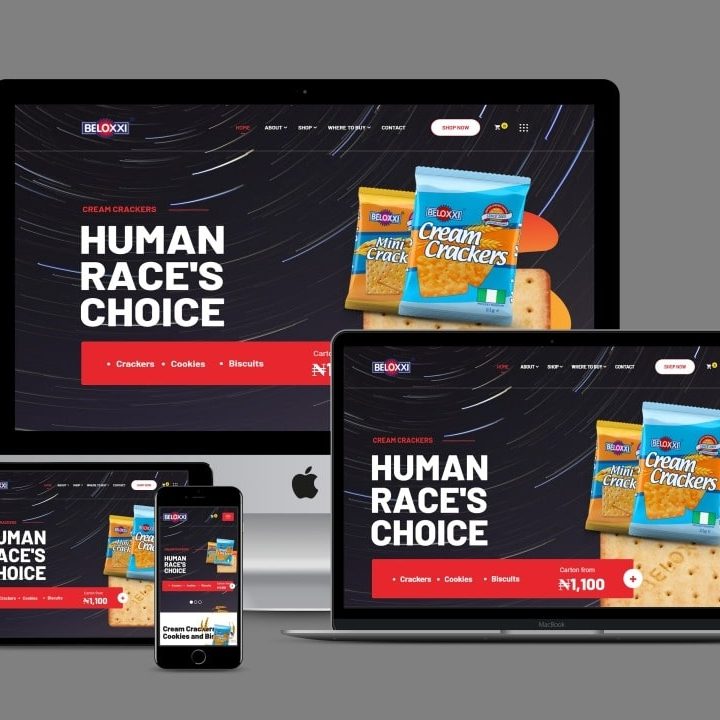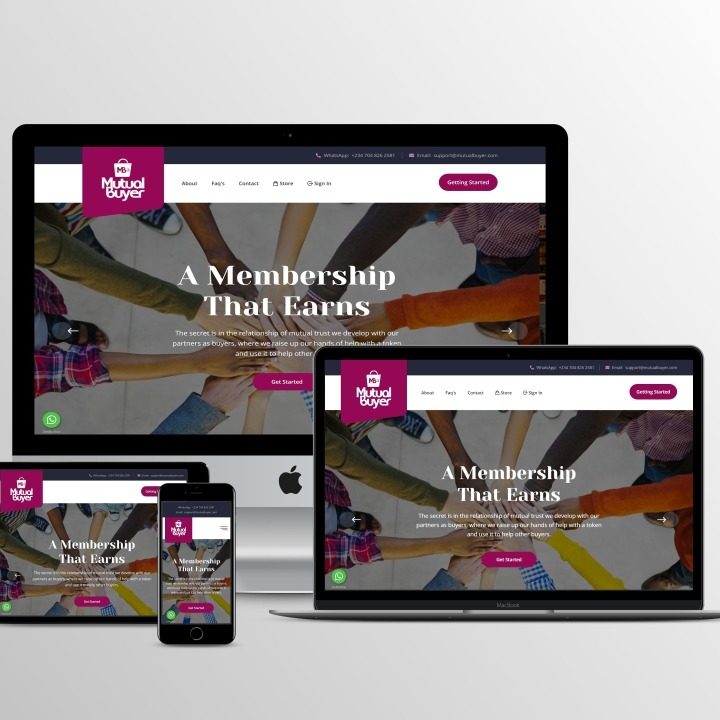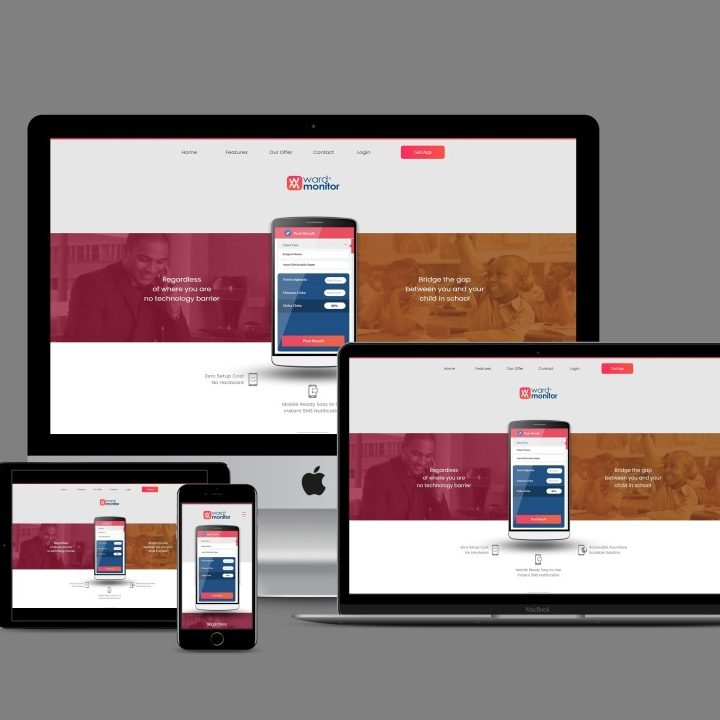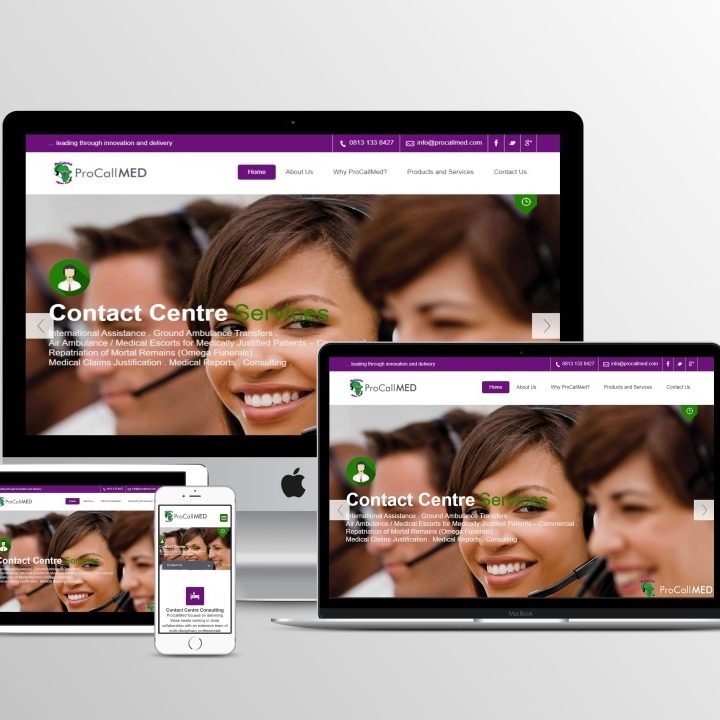Generative AI & Hyper-Intelligent Automation
Generative AI and hyper-intelligent automation are redefining how businesses operate, innovate, and scale. What started as simple machine-learning systems has now evolved into AI models capable of creating content, automating decisions, building software, optimizing workflows, and reducing operational costs at levels never seen before.
Today, countries like the United States, China, India, and major African tech hubs such as Nigeria, Kenya, and South Africa are adopting these technologies to accelerate productivity, improve digital services, and empower both enterprises and individuals.
This blog post explores what generative AI and hyper-intelligent automation mean, why they matter, and how individuals and organizations can leverage them for competitive advantage.
What Is Generative AI?
Generative AI refers to artificial intelligence systems that can create new content, including:
-
Text (articles, chats, scripts)
-
Images and art
-
Audio and music
-
Videos and animations
-
Software code
-
Product designs and simulations
Models like GPT, Claude, Gemini, Stable Diffusion, and Sora have unlocked capabilities once considered science fiction.
Key Features of Generative AI
-
Content creation at scale
-
Human-like reasoning and conversation
-
Rapid problem-solving
-
Creative ideation and design
-
Realistic simulations and predictions
Generative AI is not just an automation tool—it is a co-pilot for creativity and intelligence.
What Is Hyper-Intelligent Automation?
Hyper-intelligent automation (HIA) combines:
-
AI
-
Machine Learning
-
Robotic Process Automation (RPA)
-
Natural Language Processing (NLP)
-
Predictive analytics
-
Generative automation systems
HIA goes beyond basic task automation. It builds self-optimizing, decision-making systems that continuously learn and improve.
Examples of HIA in Action
-
Banks using AI to detect fraud in real-time
-
Hospitals automating diagnostics and medical record summaries
-
E-commerce platforms using AI to automate order management
-
Telecom companies predicting network outages before they occur
-
HR departments automating CV screening and onboarding
With HIA, organizations can automate entire workflows, not just tasks.
Why Generative AI + Hyper-Intelligent Automation Is a Game-Changer
When combined, these technologies create a powerful new category:
1. Autonomous Digital Workforces
AI systems can:
-
Analyze data
-
Make decisions
-
Generate reports
-
Execute actions
-
Improve themselves over time
Businesses benefit from a 24/7 digital workforce without human fatigue.
2. Massive Productivity Gains
Organizations using AI automation report:
-
Up to 70% reduction in repetitive manual tasks
-
Up to 40% faster decision-making
-
Up to 3–10x increase in content production
3. Lower Operational Costs
AI reduces labour costs, minimizes human error, and increases output efficiency.
4. Enhanced Customer Experiences
AI-driven chatbots, personalisation engines, and automated support systems provide:
-
Instant responses
-
Consistent customer care
-
Data-driven recommendations
5. Competitive Innovation
Companies leveraging AI automation move faster, innovate more, and outperform traditional competitors.
Real-World Use Cases in Nigeria and Across Africa
Africa is emerging as a major growth region for AI-driven automation. Here are practical examples:
1. Financial Services (Fintech)
-
Fraud detection
-
Automated customer verification (KYC)
-
Loan decision automation
-
AI-powered financial advising
Platforms like Flutterwave, Paystack, Moniepoint, and Interswitch are experimenting with advanced AI tools.
2. Government Services
-
Automating document processing
-
AI-powered tax administration
-
Smart city planning
-
National digital identity systems
3. Healthcare
-
AI radiology and diagnostics
-
Automated patient triage
-
AI medical assistants
4. E-Commerce & Logistics
-
Intelligent inventory management
-
Route optimization
-
Automated customer engagement
5. Education & EdTech
-
Personalised learning
-
Automated curriculum support
-
AI tutors
-
Assessment automation
How Businesses Can Leverage Generative AI & HIA Today
1. Automate Repetitive Tasks
Start small:
-
Email sorting
-
Data entry
-
Report generation
-
Customer support
-
Inventory and scheduling
2. Integrate AI into Decision-Making
Use predictive analytics for:
-
Sales forecasting
-
Fraud detection
-
Consumer behaviour modeling
3. Deploy AI Agents
AI agents can handle:
-
Social media content creation
-
Sales outreach
-
Lead nurturing
-
Research and summarization
4. Build AI-Enabled Products and Services
Offer AI-driven:
-
Chatbots
-
Recommendation engines
-
Digital assistants
-
Automated business tools
5. Train Your Workforce
The future belongs to teams who can work with AI, not compete against it.
Challenges and Ethical Considerations
While powerful, AI automation introduces concerns:
-
Data privacy and security
-
Bias and fairness
-
Job displacement
-
Over-reliance on algorithms
Organizations must adopt transparent, responsible AI policies to ensure trust and safety.
The Future of Generative AI & Hyper-Intelligent Automation
The next decade will unlock:
-
AI systems that understand emotions
-
Fully autonomous business operations
-
AI CEOs for digital companies
-
Self-building software systems
-
AI-powered national infrastructure
Countries and companies that invest early will shape the global digital economy.
You may be interested in: Global Push Toward AI Supercomputing & Energy Efficiency
Generative AI and hyper-intelligent automation represent the next massive leap in digital transformation. From improving productivity and decision-making to enabling creative breakthroughs, these technologies are reshaping work, business, and society.
For Africa, Nigeria, and the rest of the world, the opportunity is clear:
Adopt AI early, build intelligently, and leverage automation as a catalyst for growth.
The future is not just automated — it is hyper-intelligent.







